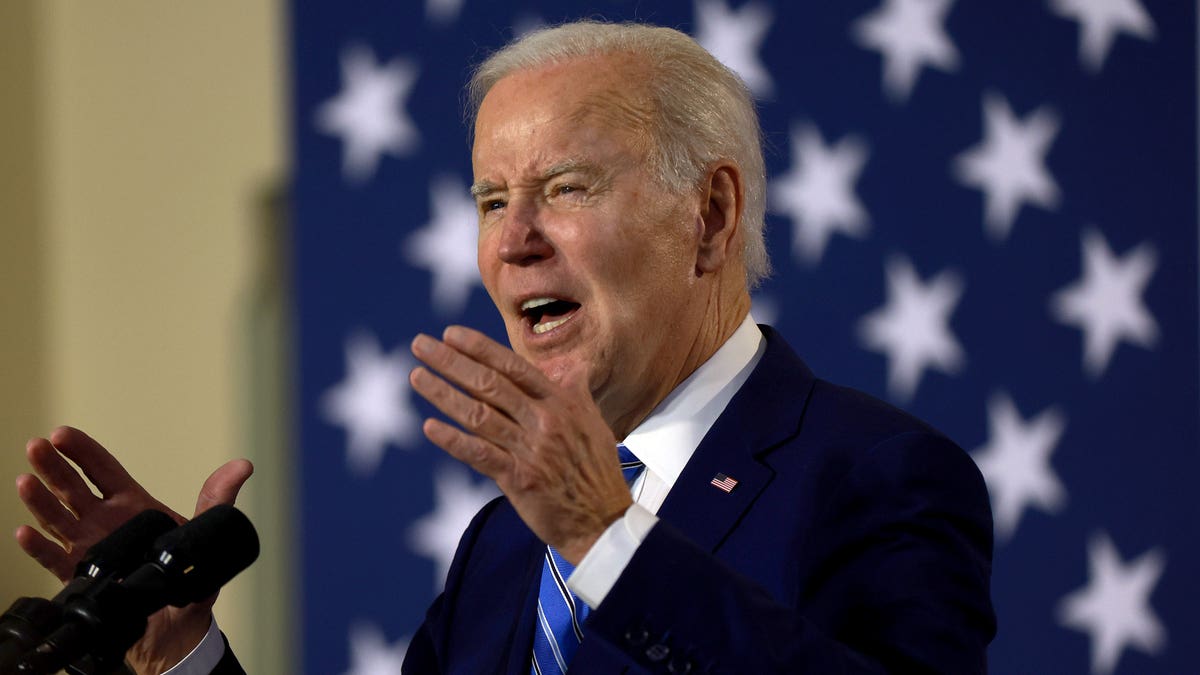US Army veteran on poll showing drop in American patriotism: There are important issues other than the economy
U.S. Army veteran and former NFL player Jake Bequette on the ‘disturbing’ poll and why social issues should not be ignored
A majority of Americans do not view the United States as the world's greatest nation as patriotism declines as one of the country's core values.
Only 21% of Americans believe that the United States "stands above all countries in the world," while 50% said America is "one of the greatest countries in the world, along with some others" and 27% indicated "there are other countries better than the United States," according to the results of a Wall Street Journal/NORC poll released Monday.
The attitudes about America's standing in the world come as core values that once defined the country continue to decline, the poll found, with many Americans indicating that patriotism is not as important of a value as it once was.
IMPORTANCE OF TRADITIONAL AMERICAN VALUES HAS PLUMMETED ACROSS US, POLL SHOWS

The Walking Patriot carries a large American flag. (Derek Redenius)
Only 38% of Americans indicated that patriotism was a "very important" value to them, down from 70% when the poll first asked the question in 1998. Another 35% said patriotism was "somewhat important" to them, while 16% said it was "not that important" and 11% indicated it was "not important all."
Younger Americans were less likely to hold patriotism as an important value, with 36% of those between the ages of 18-29 indicating it was "very important" to them personally, which stood in stark contrast to seniors over the age of 65, 59% of whom said patriotism was a "very important" value.
The poll also found stark partisan split between those who valued patriotism, with 23% of Democrats finding the value "very important" compared with 59% of Republican respondents. Meanwhile, just 29% of respondents who said they were independent indicated patriotism was "very important" to them personally.

FOX Sports viewers witnessed a patriotic, country-style rendition of the national anthem by Chris Stapleton during this year's Super Bowl. (Getty Images)
GREG GUTFELD: WE'VE REPLACED PATRIOTISM WITH IDENTITY POLITICS

President Joe Biden (Joe Raedle/Getty Images)
CLICK HERE TO GET THE FOX NEWS APP
"For me, patriotism has turned into right-wing nationalism,’’ Janet Boyer, a former Pentecostal minister from Pennsylvania who voted for President Biden in 2020, told the Wall Street Journal.
The WSJ/NORC poll was conducted between March 1-13 and sampled 1,019 adults, with a margin of error of plus or minus 4.1 percentage points.


